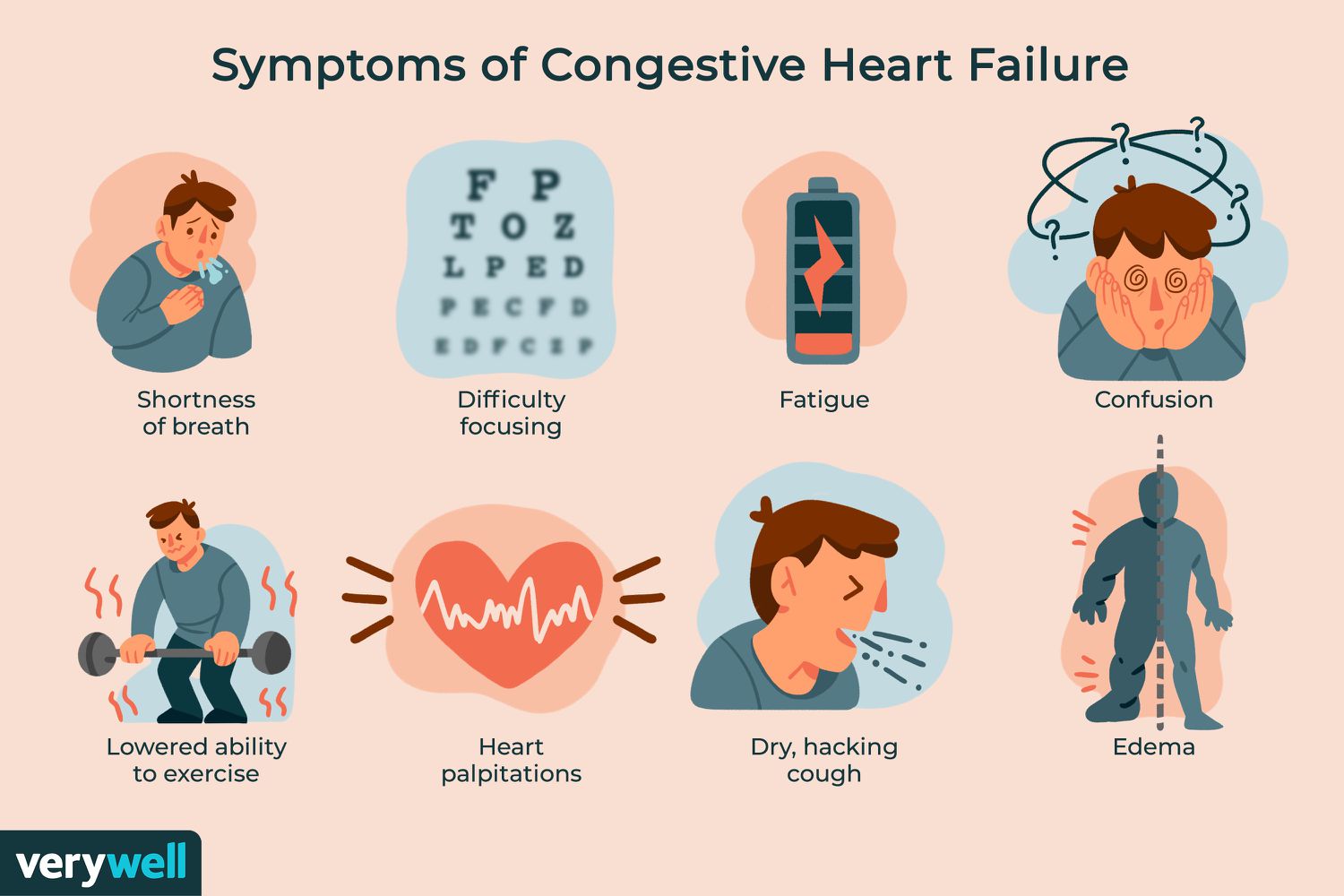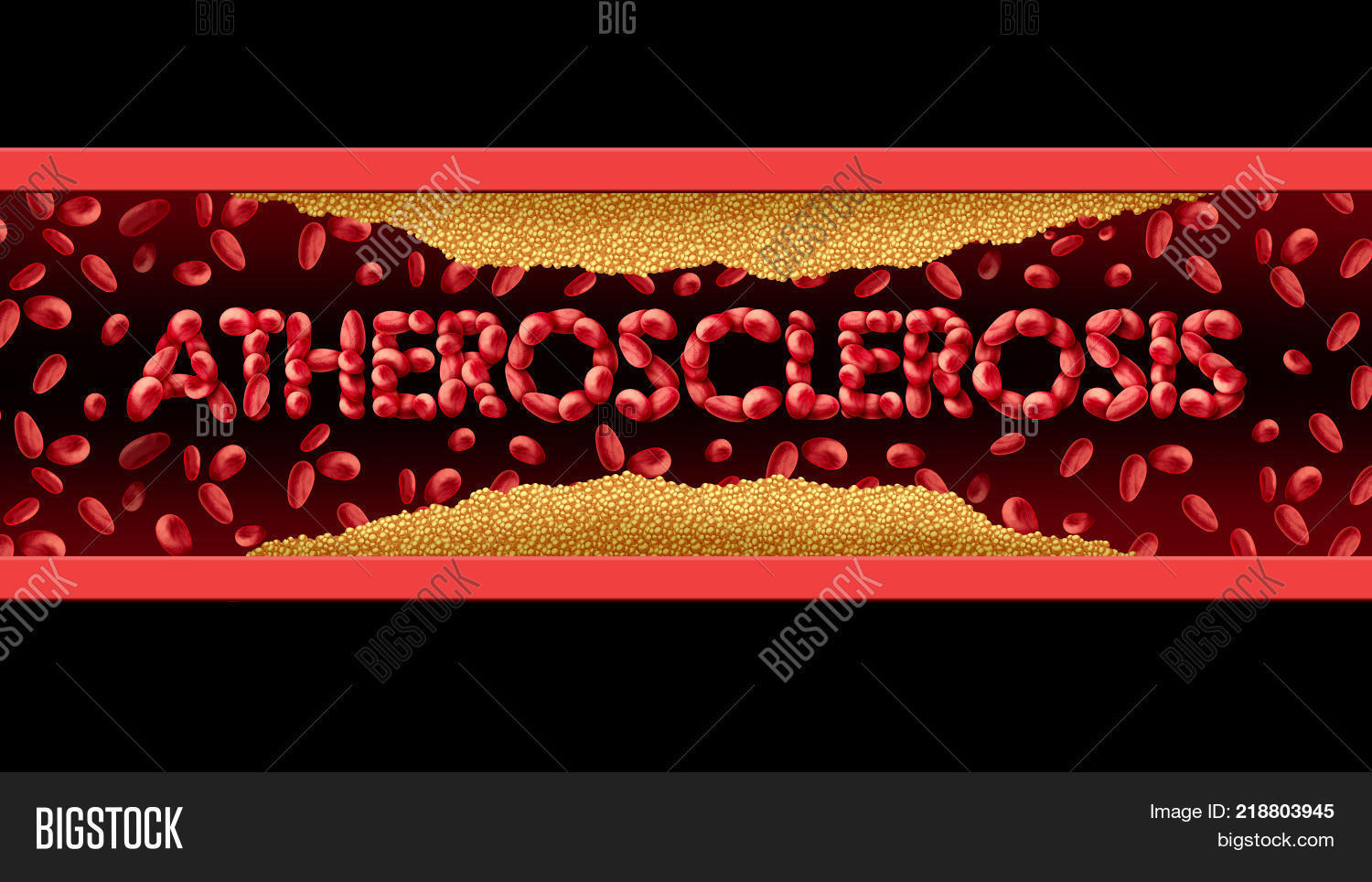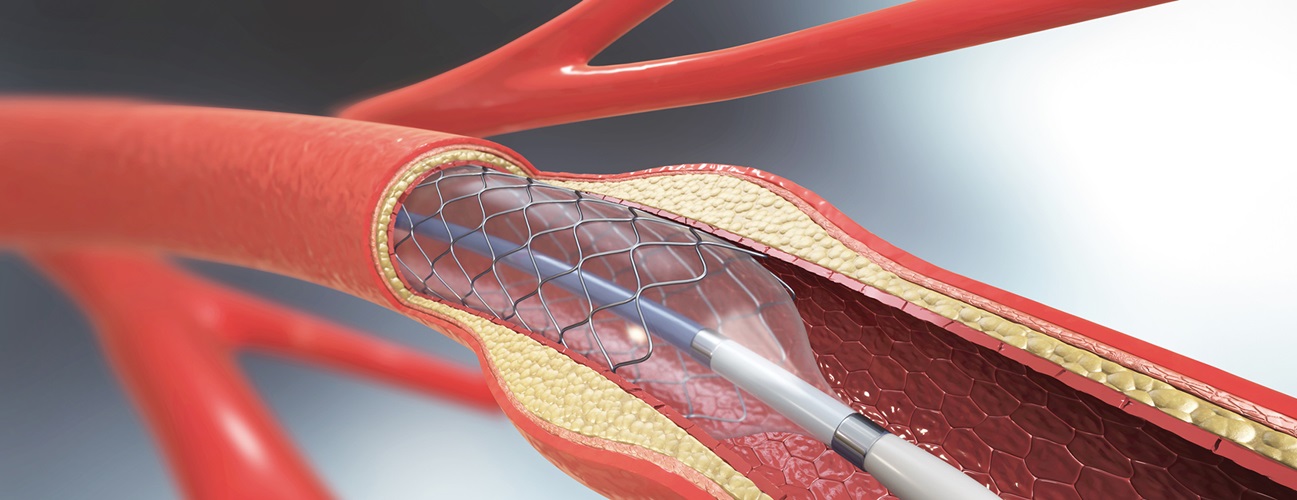Heart failure is a condition in which the heart cannot pump blood efficiently enough to meet the body’s needs. It can be caused by a variety of factors, including coronary artery disease, high blood pressure, heart attacks, and certain medications.
Types of Heart Failure
- Systolic Heart Failure: This occurs when the heart’s left ventricle cannot pump blood effectively.
- Diastolic Heart Failure: This occurs when the heart’s left ventricle cannot relax properly, making it difficult for blood to fill.
- Combined Systolic and Diastolic Heart Failure: This is a combination of both systolic and diastolic heart failure.
Symptoms of Heart Failure
The symptoms of heart failure can vary depending on the severity of the condition. Some common symptoms include:
- Shortness of breath, especially with activity
- Fatigue
- Weakness
- Swelling in the legs and ankles
- Rapid heartbeat
- Coughing, especially at night
- Weight gain
- Loss of appetite
- Confusion
Causes of Heart Failure
- Coronary Artery Disease: Blockages in the heart’s arteries can reduce blood flow to the heart muscle, leading to heart failure.
- High Blood Pressure: Chronic high blood pressure puts stress on the heart and can lead to heart failure.
- Heart Attack: A heart attack can damage the heart muscle, making it less able to pump blood effectively.
- Valvular Heart Disease: Problems with the heart valves can make it difficult for the heart to pump blood.
- Cardiomyopathy: A disease of the heart muscle.
- Certain Medications: Some medications can cause heart failure as a side effect.
Diagnosis of Heart Failure
To diagnose heart failure, your doctor may perform a physical exam and order tests such as:
- Echocardiogram: An ultrasound of the heart.
- Electrocardiogram (ECG): A test that records the electrical activity of the heart.
- Chest X-ray: A test that can show if the heart is enlarged.
- Blood tests: To check for signs of heart failure.
Treatment of Heart Failure
The treatment for heart failure depends on the underlying cause and the severity of the condition. It may include:
- Lifestyle changes: A healthy diet, regular exercise, and weight management can help improve heart function.
- Medications: Medications can help manage symptoms and improve heart function.
- Implantable devices: In some cases, devices such as pacemakers or defibrillators may be implanted to help the heart function properly.
- Surgery: In severe cases, surgery may be necessary to repair or replace damaged heart valves or to improve heart function.
Heart failure is a serious condition that can be managed with proper treatment. If you have symptoms of heart failure, it’s important to see your doctor for diagnosis and treatment.



